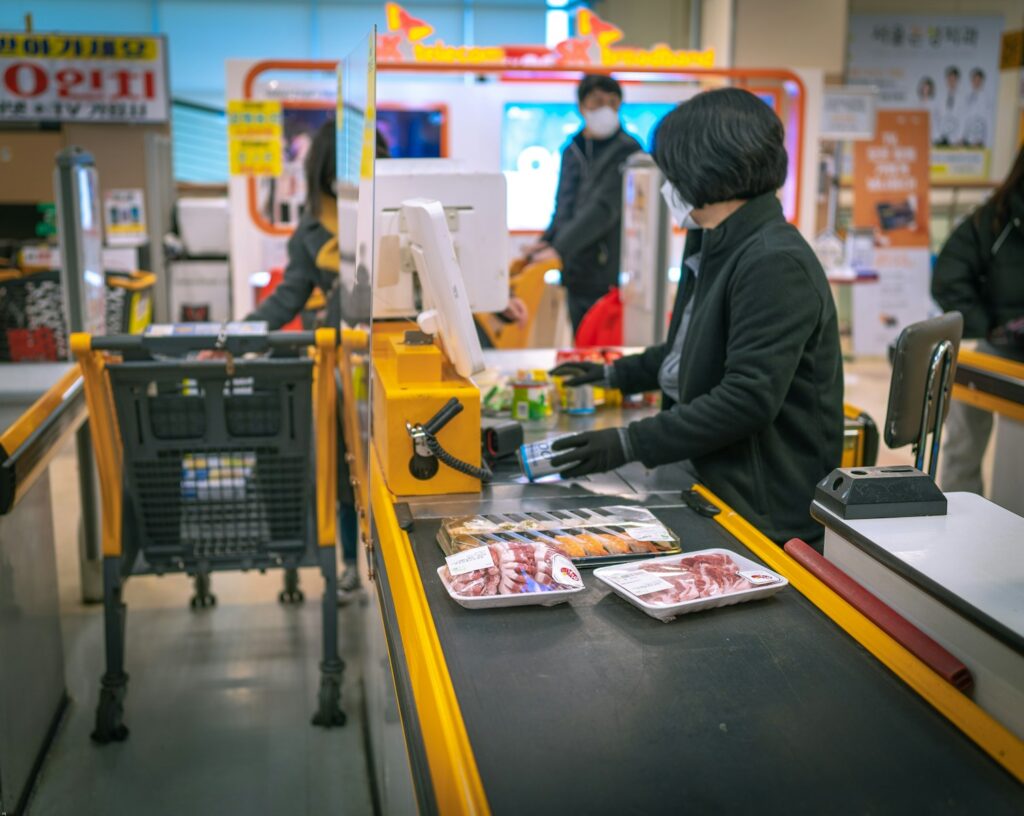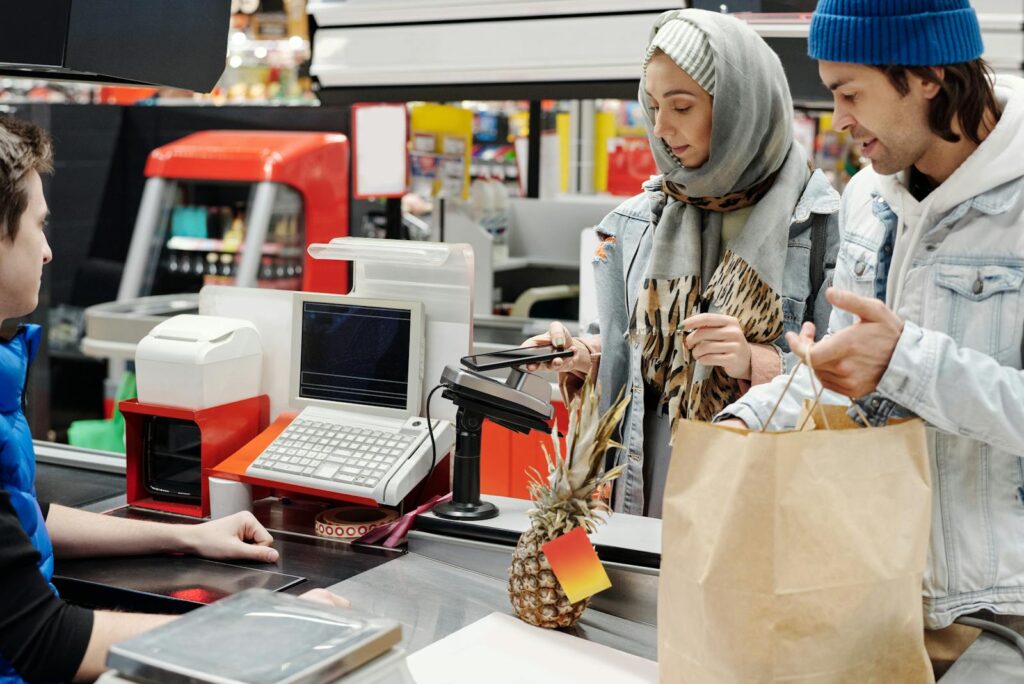
Ever walked into a big store, ready to make a return, only to be met with rules so complicated they feel like they were written in ancient hieroglyphs? You know the drill—’You ‘have every right to return the goods that did not fit, but only at the last minute of every fourth day of the month in a leap year, and the moon must be in the constellation of Aquarius…’ Otherwise, alas, you will not receive a refund… Sounds a tad familiar? We’ve all been there, wrestling with policies that seem designed to confuse rather than clarify.
It’s probably why we absolutely love hearing those stories about a determined customer who manages to untangle the corporate red tape, find a loophole, and snag their well-deserved refund. And let me tell you, the tale shared by user u/dubilendar is exactly that kind of story—a true masterpiece of cleverness and persistence against a seemingly unyielding system.
So, picture this: our hero goes on a shopping spree at a large store somewhere in Europe. He buys a bunch of stuff, takes it home, only to realize some items are duplicates. No biggie, right? Just pop back to the store and return them. Easy peasy. Except, nope. Not easy peasy at all.
According to the store’s policy, as explained by a manager, because he had left the store with the goods, he was now disqualified from getting his money back. His only option? A redeemable voucher. A voucher! When all he wanted was his cash back! Anyone else might have thrown their hands up, maybe argued a bit, then grudgingly accepted the voucher.
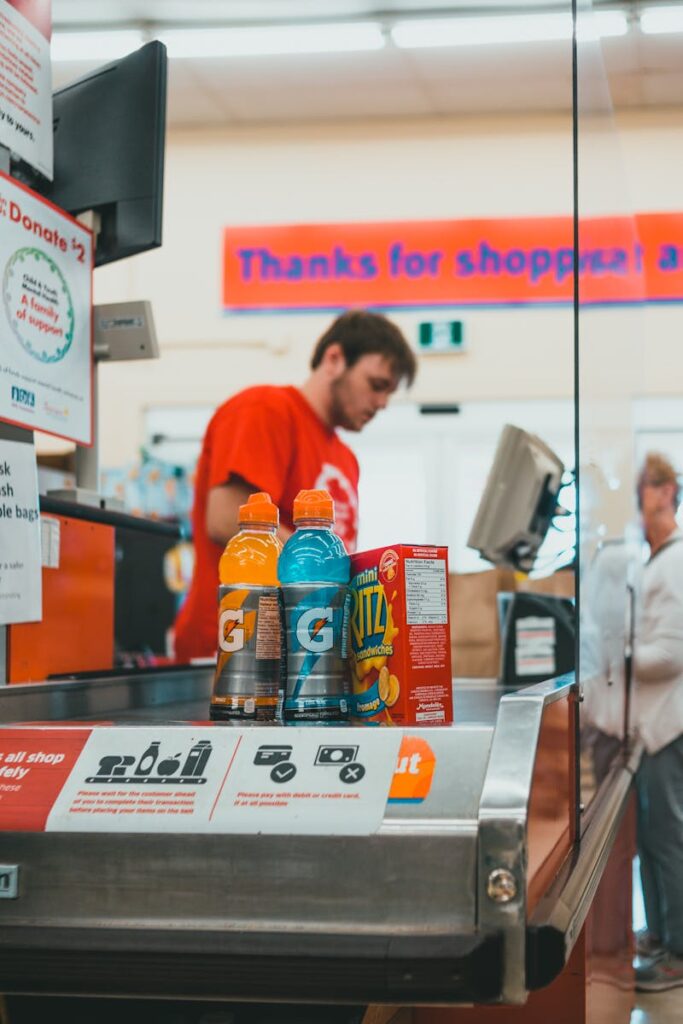
But not this guy. Oh no. To his credit, he saw the voucher not as a defeat, but as the next step in his brilliant plan. He took the voucher, walked right back into the store, and used it to buy something else that cost the exact same amount. And here’s the key part—he did not leave the store with this new item.
Keeping the newly purchased item in hand, he marched straight over to the return department. He then calmly informed the employee that he wanted to return this new product right then and there. Since he hadn’t left the store with it, he had fully complied with their ridiculously strict rule. Therefore, they were absolutely obligated to give him his refund in cold, hard cash this time!
When the same manager who had initially denied his cash refund showed up, ready to reiterate the policy, he was met with our hero’s victorious smile. The manager was reportedly forced to confirm that, yes, the customer had indeed followed the rules this time and was due his cash. Just like that, everyday ingenuity triumphed over the baffling complexity of corporate policy. Behold, a master of malicious compliance in action!
Now, while we’re cheering for this customer’s cleverness, it’s worth remembering that stores often have these complex policies for a reason. Return fraud is a genuine problem, affecting 5.9% of all returns, according to the National Retail Federation’s “Consumer Returns in the Retail Industry 2020” report. Retailers are constantly looking for ways to combat people trying to return used, damaged, or even stolen items.
This is where companies like The Retail Equation came into play. A few years ago, Best Buy used TRE to analyze return behavior. If TRE’s algorithms flagged a customer as a risk for abusing the return program, their return could be denied, or they could even be barred from future returns, policy be damned. Interestingly, Best Buy social media specialists were directing unsatisfied customers to TRE as late as May 2019, but by February 2020, a senior specialist stated they were no longer working with them. By July 2020, Best Buy was even named in a lawsuit with TRE and others, alleging privacy violations.
Even without TRE, stores might still track behavior and flag returns. The Wall Street Journal identified several potential red flags: making too many returns quickly, returning items without a receipt, returning items prone to theft, returning items after a long time, returning things near closing, returning high-value items, or returning a large percentage of your total purchases. Navigating these invisible hurdles can be frustrating for honest shoppers just trying to follow the rules.
Speaking of frustrating situations, let’s talk about eggs. Specifically, thousands of them. Recently, a customer at Costco, known for its famously generous “Risk-Free 100% Satisfaction Guarantee” which even covers food, sparked outrage. We’ve heard tales of old sofas or even TVs bought in 2002 being returned, often met with a mix of mockery and applause for the sheer audacity.
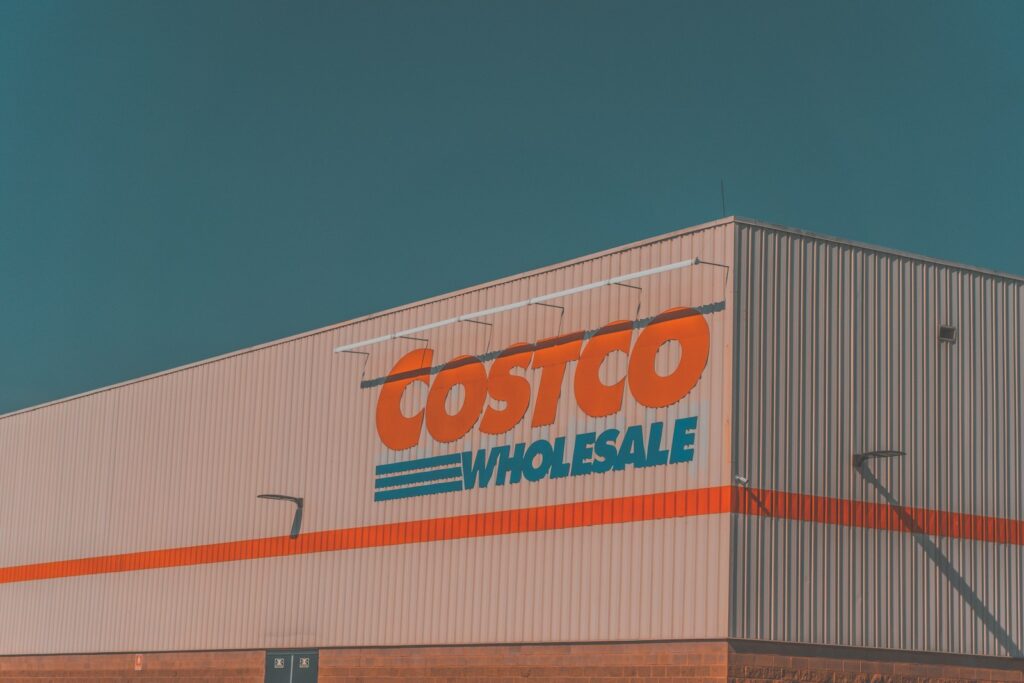
But this one felt different. Amidst a nationwide egg shortage—caused by a deadly strain of bird flu devastating poultry farms and driving prices sky-high (the average hit $4.95 a dozen in January, nearly double a year prior, and up to $10 in some places)—a customer reportedly tried to return over a thousand eggs bought just a day earlier. Why? Because they found them cheaper elsewhere.
An Instagram video surfaced showing a flatbed cart piled high with egg flats. The caption claimed it was customers trying to return ‘more than a thousand eggs a day later because they found them cheaper somewhere else,’ adding the kicker, ‘Meanwhile, we’re in a nationwide egg shortage.’ Viewers didn’t hold back, calling it “selfish, selfish people” and “just ridiculous.” While Costco’s policy is robust, managers can apply exceptions for food in unsavory states, and crucially, regulators typically don’t allow returned food to be resold, meaning these eggs were likely just wasted.
The shortage has led chains like Costco, Walmart, Whole Foods, and Trader Joe’s to put limits on egg purchases (Costco limits members to three packages a day). This has led to scenes of “in-store pandemonium,” with social media showing customers running through stores, clearing stock in minutes, or even contemplating illegally crossing borders for eggs. The egg return, in this context, felt particularly galling to many, especially those squeamish about the thought of buying returned groceries—”Eww” and “I don’t want to buy returned eggs” summed up some reactions.

And then there’s the quirky world of price matching. Walmart is known for its aggressive price-matching policies, but there’s a catch. An Atlanta father discovered his local store wouldn’t match the lower price listed on Walmart’s own website. He was told stores don’t match online prices or even prices at other Walmart stores because the company “is not in competition with itself.”
His workaround? Buy the item online through Walmart.com for free in-store pickup. He literally bought the Lego set online while standing in the store, watched an employee pick it off the shelf, and then had to wait until the next day to pick it up officially! Not exactly a seamless customer experience, as he noted, calling it “*not* good customer service.”
These stories really highlight the fascinating, sometimes frustrating, dance between retailers and customers. Stores create rules to protect themselves from losses, but these rules can feel arbitrary, confusing, or even punitive to the average shopper. Sometimes, customers try to game the system in unfair ways, sparking outrage. Other times, a customer’s sheer wit and determination, like our European loophole-finder, allow them to navigate the maze and achieve a personal victory against the corporate machine.
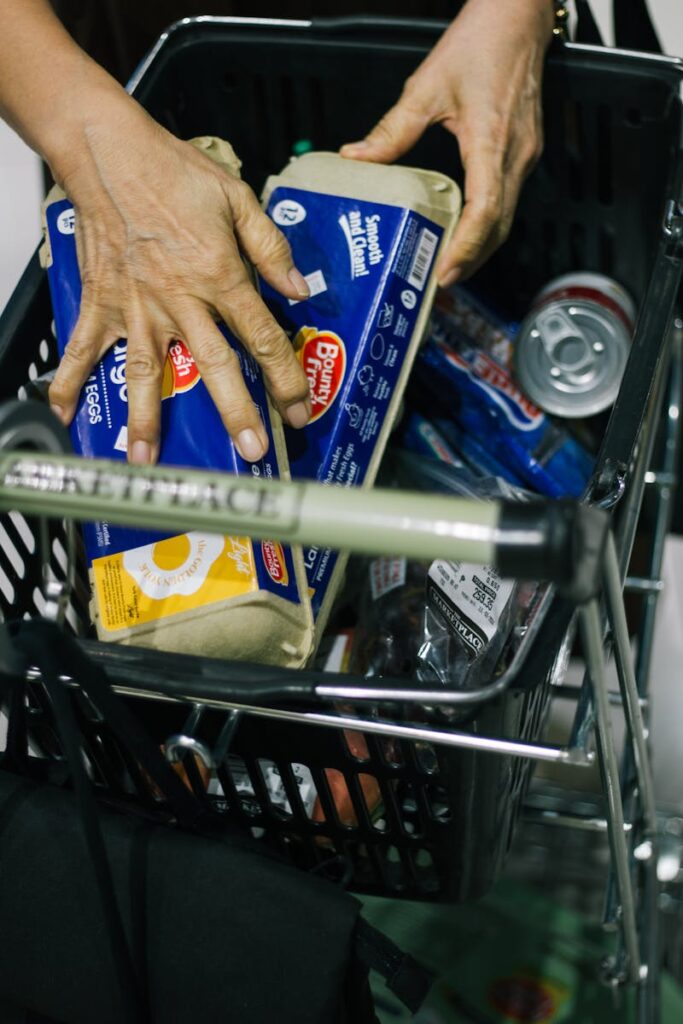
Whether it’s figuring out complex return fees (like Best Buy’s $45 fee for opened cell phones or 15% for drones and cameras) or knowing your rights (the law is often on the customer’s side regarding faulty goods) or even checking if your credit card (like some from American Express) offers return protection when a store won’t budge, being informed is key. But sometimes, as these tales show, a little bit of cleverness and knowing the rules better than they do can go a long way in the wild world of retail.
So, what do you think? Was the European customer a genius or just gaming the system? How about the egg return—justified by the policy or just plain selfish given the shortage? We’d love to hear your own stories of navigating confusing store policies or finding clever ways to get what you needed! After all, it’s in these everyday battles that the most entertaining tales are found.
Related posts:
You Can Be Banned from Making Returns at Best Buy
Costco shoppers slammed for exploiting loophole with thousands of eggs: ‘Selfish’
Store Doesn’t Give Refunds If You Leave The Store, Man Finds Loophole To Get His Money Back

